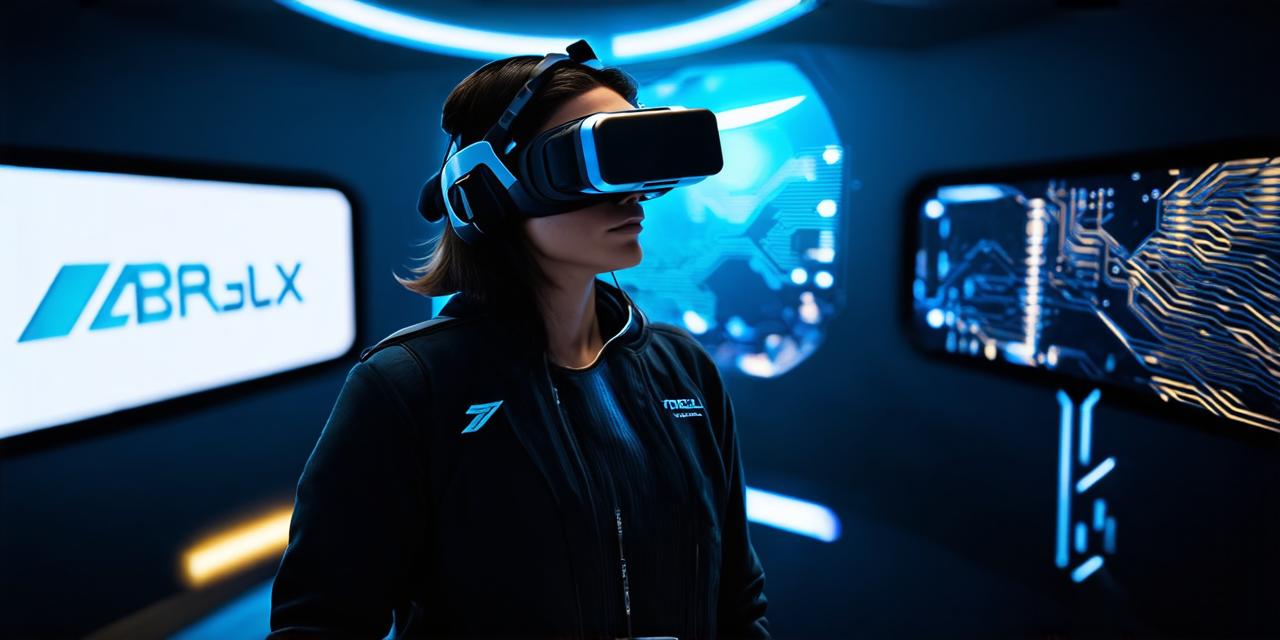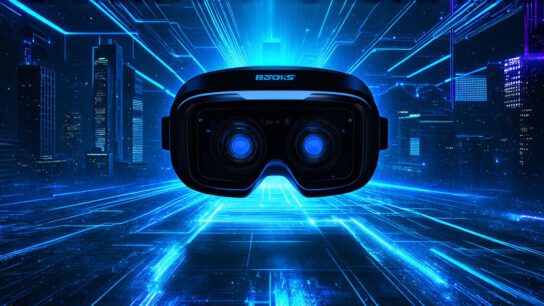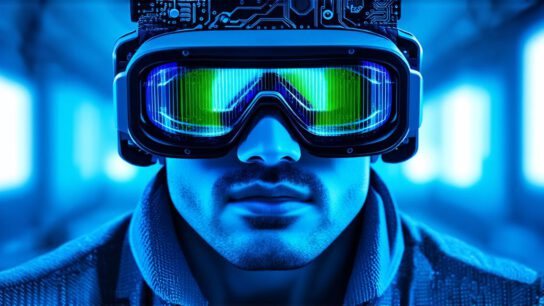Virtual reality (VR) technology is rapidly evolving and is becoming more immersive, interactive, and accessible. As VR developers, it’s important to understand the evolution of this technology and its impact on our industry.
History of Virtual Reality Technology
The concept of virtual reality dates back to the 1960s when researchers at SRI International first developed a head-mounted display (HMD) that allowed users to experience a simulated environment. This early version of VR was primarily used for military and scientific research, but it laid the foundation for the development of modern VR technology.
In the 1980s, computer scientists Ivan Sutherland and Tom Furnessy created the first VR headset, which allowed users to look around in a virtual environment. However, these early systems were bulky and expensive, and they required powerful computers to run.
In the 1990s, VR technology began to improve rapidly, with the development of consumer-grade HMDs and software that was more accessible and user-friendly. This led to a surge in interest in VR as a potential gaming platform, and several companies attempted to bring VR games to market.
However, these early attempts were largely unsuccessful, and it wasn’t until the 2010s that VR technology really took off. The introduction of Oculus Rift, HTC Vive, and other consumer-grade VR systems brought the price of VR hardware down significantly, making it more accessible to a wider audience.
Latest Advancements in VR Hardware and Software
Today, VR technology continues to advance at a rapid pace. The latest VR hardware is more powerful, more immersive, and more interactive than ever before. These advancements have been driven by improvements in display technology, motion tracking, and software development.
One of the most significant advancements in VR hardware has been the development of wireless VR headsets. These devices eliminate the need for cables, allowing users to move freely and interact with virtual environments without being tethered to a computer or console.
Motion tracking technology has also come a long way, allowing users to move their bodies and hands in more natural ways within virtual environments. This has led to the development of more realistic and intuitive controls for VR games and applications.
In terms of software, developers are now able to create highly immersive and interactive virtual environments that can be customized to meet the needs of different industries. For example, architects and interior designers can use VR to visualize and test different design concepts, while medical professionals can use VR simulations to train for surgical procedures.
Impact on VR Developers
The evolution of VR technology has had a significant impact on VR developers. As the technology becomes more accessible and user-friendly, there is now a larger market for VR applications and games. This has led to increased competition and innovation in the VR industry, as developers strive to create the most immersive and engaging experiences possible.
In addition, the rise of VR technology has also led to new opportunities for developers who are interested in exploring this emerging field. With the increasing demand for VR content, there is now a growing need for skilled developers who can create high-quality VR applications and games.
Case Studies and Personal Experiences
One example of the impact of VR technology on developers is the story of Palmer Luckey, the founder of Oculus VR. In 2012, Luckey raised $2.4 million on Kickstarter to fund the development of the Oculus Rift headset, which quickly became one of the most popular VR systems on the market.
Luckey’s success with Oculus has led to a number of new opportunities for him and his company. In 2014, Facebook acquired Oculus VR for $2 billion, and Luckey was named Time magazine’s person of the year in 2016.
Another example of the impact of VR technology on developers is the story of Beat Saber. This popular VR rhythm game was created by a small team of developers called Beat Games, who were able to achieve massive success with their title. In just a few months after its release in 2018, Beat Saber had sold over one million copies and had been played by millions of users around the world.
Personal Experiences
As a VR developer myself, I have seen firsthand how the evolution of VR technology has impacted our industry. When I first started working with VR, it was still a relatively new and niche technology, and there were very few developers who were able to create high-quality VR content.
Today, however, VR is becoming more mainstream, and there are now many resources available for developers who want to learn how to create VR applications and games. This has made it easier than ever before for developers to get started in the VR industry, and there is now a growing community of VR developers who are constantly pushing the boundaries of what is possible with this technology.
Future Developments in VR Technology
As VR technology continues to evolve, we can expect to see even more exciting developments in the near future. One area where there is likely to be significant advancements is in haptic technology, which allows users to feel physical sensations within virtual environments. This could lead to more immersive and realistic VR experiences that blur the line between reality and fiction.
Another area where we may see significant advancements is in AI-powered VR assistants. These could help users navigate complex virtual environments, provide real-time feedback on their performance, and even suggest new ways to interact with the content.
Summary
In conclusion, the evolution of virtual reality technology has had a profound impact on VR developers. As the technology becomes more accessible and user-friendly, there is now a larger market for VR applications and games, leading to increased competition and innovation in the industry.
Case studies and personal experiences demonstrate the potential for VR technology to change the way we work and play, and there are exciting developments on the horizon that could further transform this field. As VR developers



